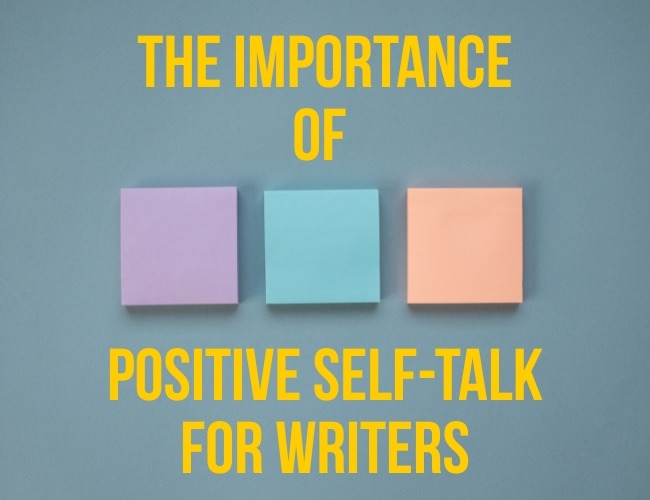
by Guest Blogger |
If we’re not careful, the negative thoughts in our minds can outnumber the positive ones. It’s a downward spiral no one likes riding. Hard to dismount.
Simple affirmations help. I love post-it notes. Paper ones, or the computer apps that supply them.

by Ruthanne Reid |
Hello, friends! Last time, I shared 20 fantasy story ideas to get your brain moving. This time, it’s my pleasure to go from earth to space. It’s time for…*drum roll* sci-fi story ideas!
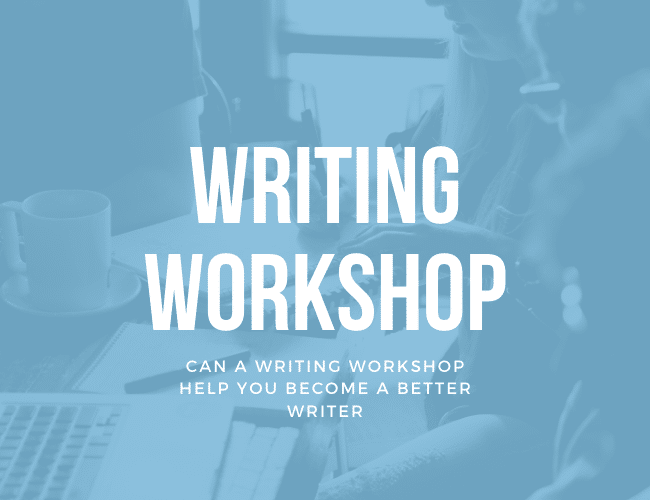
by Joe Bunting |
How do you write beautiful, award-winning novels, memoirs, and short stories? One tried-and-true way is through a writing workshop, a program with other writers who can give encouragement, feedback, and support as you write, edit, and publish your writing.
In this post, I’m going to share what a creative writing workshop is and how you can use it to improve your writing habits, get feedback on your creative writing, and go on to publish award-winning writing. Then we’ll talk about how to find a writing workshop, whether online or locally, and how to get the most out of it.
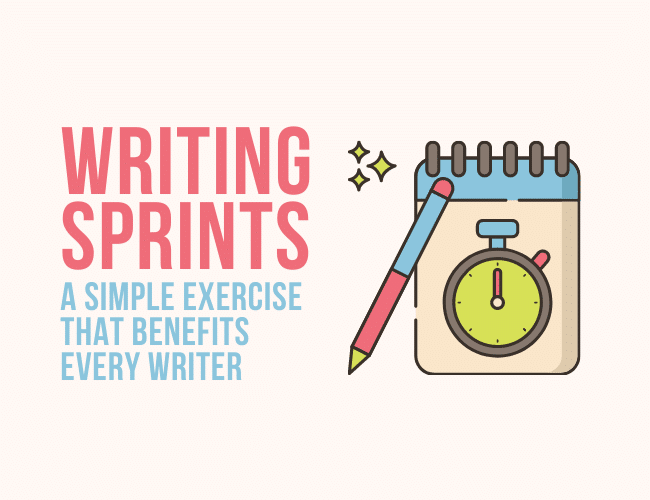
by Joe Bunting |
How do you defeat procrastination, write more in less time, and do it with less struggle? Two words: writing sprints.
Word sprints are an amazing writing tool that you can use to improve your writing. Sprinting pushes you to write more words fast, by forcing you to start writing and ignore your inner editor.
They also get you to concentrate on one of the most important ways to improve your writing life: consistent practice.
With continuous practice, word sprints can even help you develop a writing habit that will empower you to write and actually finish a novel or a screenplay—and maybe even develop a career as a writer.
But what are writing sprints? And how can you use them effectively?
I’ll teach you in this post!
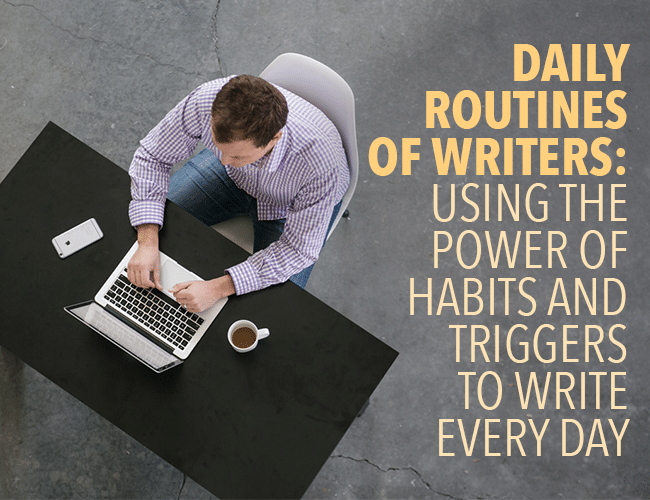
by Guest Blogger |
I’ll start with the bad news.
Much of what you’ve heard about daily routines is more fictional than the stories you’re writing. Everyone seems to have their own “key” to productivity: motivation, willpower, passion, and big goals being the most common.
While these all have the vague ring of truthiness, you’ve probably noticed that, in practice, the results of such methods are inconsistent to nonexistent.
Fortunately, there’s a simple cure.
Habits.
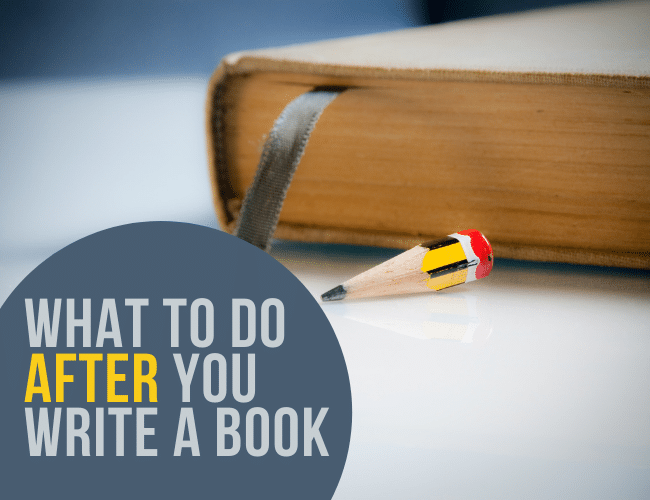
by Joe Bunting |
You worked hard. You stayed up late, got up early, pushed through writer’s block, and finally, at long last, finished writing your book.
But after you write your book, what comes next?








